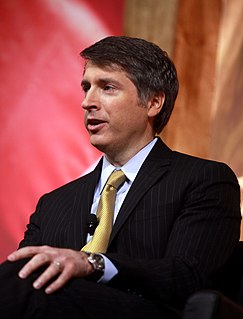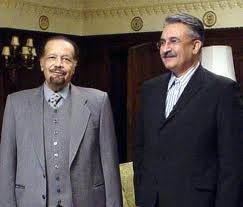A Quote by Fatih Birol
I think, for OPEC, the main challenge is to have a price level which brings good profits to them, good incentives for the investments, but at the same time, to prevent prices going to very high levels.
Related Quotes
The most realistic distinction between the investor and the speculator is found in their attitude toward stock-market movements. The speculator's primary interest lies in anticipating and profiting from market fluctuations. The investor's primary interest lies in acquiring and holding suitable securities at suitable prices. Market movements are important to him in a practical sense, because they alternately create low price levels at which he would be wise to buy and high price levels at which he certainly should refrain from buying and probably would be wise to sell.
Too many companies these days can't tell the difference between good profits and bad.... By now you're probably wondering how in heaven's name profit, that holy grail of the business enterprise, can ever be bad. Short of outright fraud, isn't one dollar of earnings as good as another? Certainly, accountants can't tell the difference between good and bad profits. They all look the same on an income statement. While bad profits don't show up on the books, they are easy to recognize. They're profits earned at the expense of customer relationships.
We believe that almost all really good investment records will involve relatively little diversification. The basic idea that it was hard to find good investments and that you wanted to be in good investments, and therefore, you'd just find a few of them that you knew a lot about and concentrate on those seemed to me such an obviously good idea. And indeed, it's proven to be an obviously good idea. Yet 98% of the investing world doesn't follow it. That's been good for us.
The horn of dilemma of energy politics is what really drives concern about this energy in this country, at the gut level for most people, is high gas prices. And if you really want to fight global warming and try to reduce our carbon emissions, the cleanest, easiest, most rational way to do it would to make the price of gas even higher through very stiff gas prices.
The oil companies are really making a very lucrative amount of profit from the high price of oil. I don't that they're very keen to reduce the price of oil. The consumers are those who are the victims so I think that the producers, the governments, some of them, they're enjoying the high revenue that they get.




































